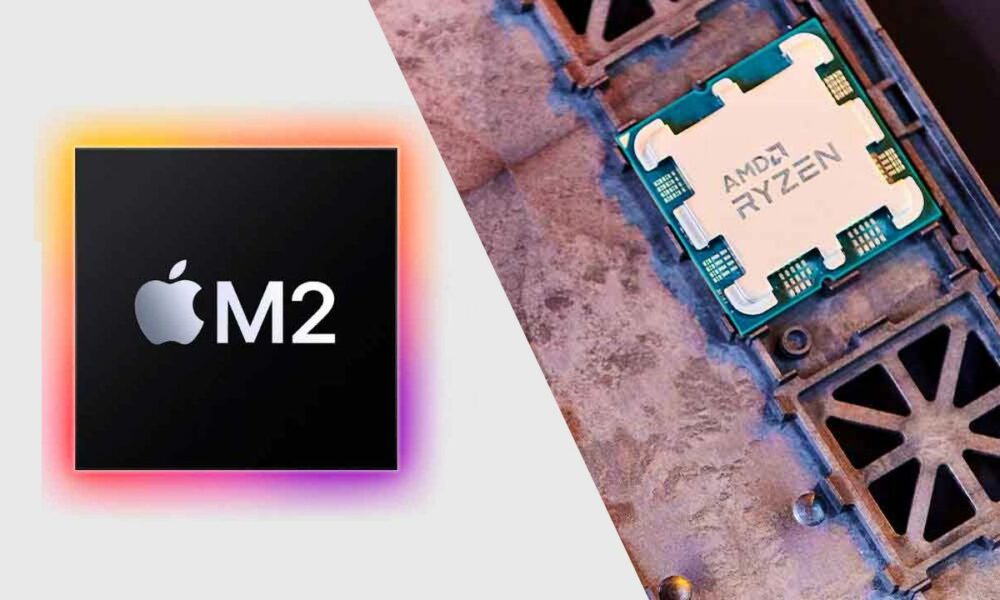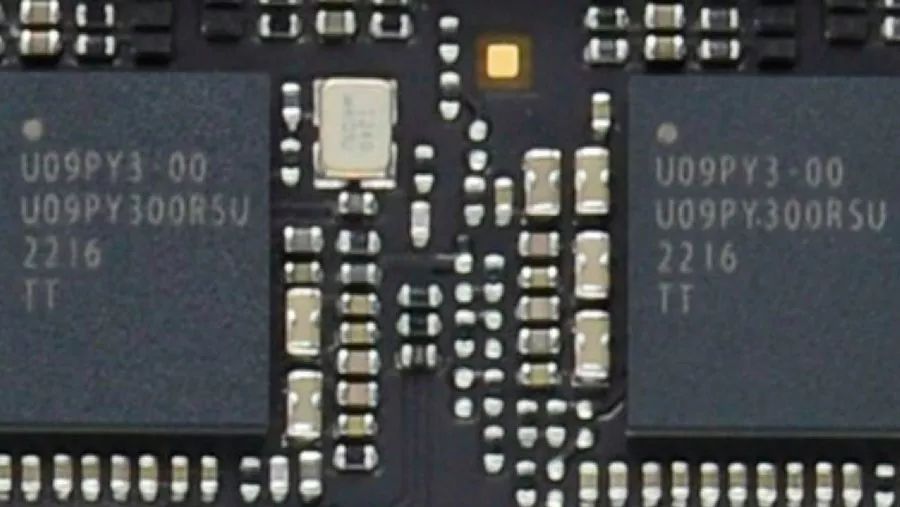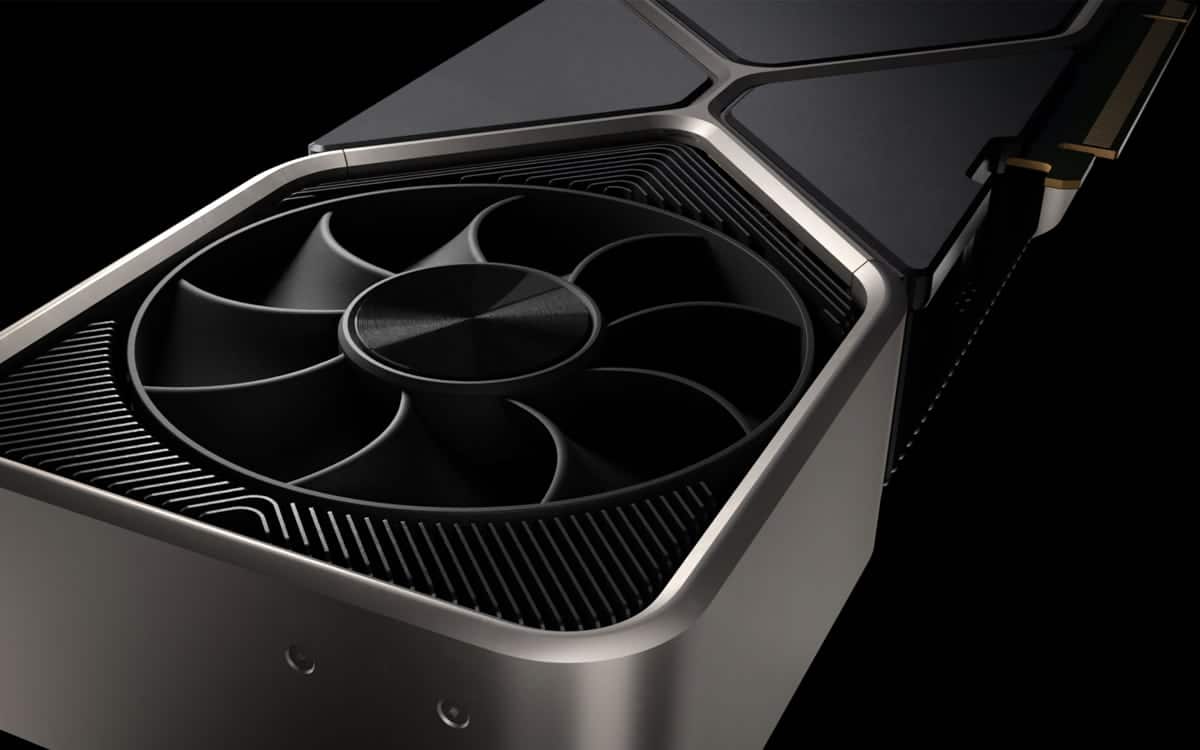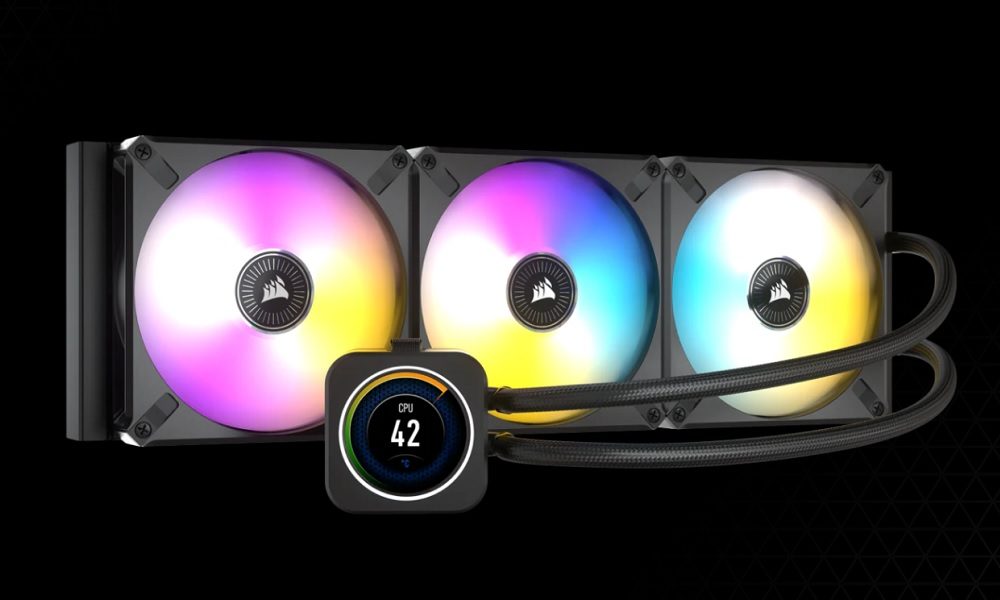
Intel’s extensive dominance in the chip space has meant that some of its rivals have been forced to adopt some of its technologies for a variety of reasons, however it appears that dynamic is starting to change as Apple and AMD have made progress in phasing out Intel hardware in laptop models with Apple M2 processors and some lines that use the Rembrandt generation of Ryzen.
iFixit, the well-known Californian company dedicated to the sale of repair parts and the publication of tutorials and manuals for the same purpose, last week unraveled an Apple laptop with an M2 processor to discover that Intel USB 4 reclocking chips are no longer present and have been replaced by ones that have desktop on top of the following: U09PY3.
U09PY3 is the code name for the retimer chip designed by Apple itself, which has taken its distance from Intel very seriously and cut the dependency it had for years on products supplied by that company. However, other sources speculate on other possibilities such as cost reduction, supply chain restrictions and even possible discontent with Intel’s JHL8040R chip.
The Cupertino giant has not said anything officially, but seeing the strategy it has adopted since it announced its intentions to use its own processors instead of those of Intel, that the technology of the latter is gradually disappearing from Mac computers is something plausible.
Intel’s USB 4 retimer chip has not only been replaced in the latest generation of MacBook laptops, but also in some computers that use Ryzen processors of the Rembrandt generation. AMD has chosen the Swiss company Kandou to equip its KB8001 Matterhorn chips to replace Intel’s solution. Kandou has stated that his USB 4 retimer chip can be found “in products from five of the top six PC OEMs”. In addition, its technology is compatible with all SoC platforms, so it is possible to find it in ARM-based devices.
The fact that the Thunderbolt port was a solitary failure and ended up integrated into USB Type-C versions 3 and 4 of the connector could have given the competition a chance to distance itself. Thunderbolt, in its versions 3 and 4, is capable of reaching 40GB per second when transmitting data, a speed that can be matched by USB 4 through one of its variants.




